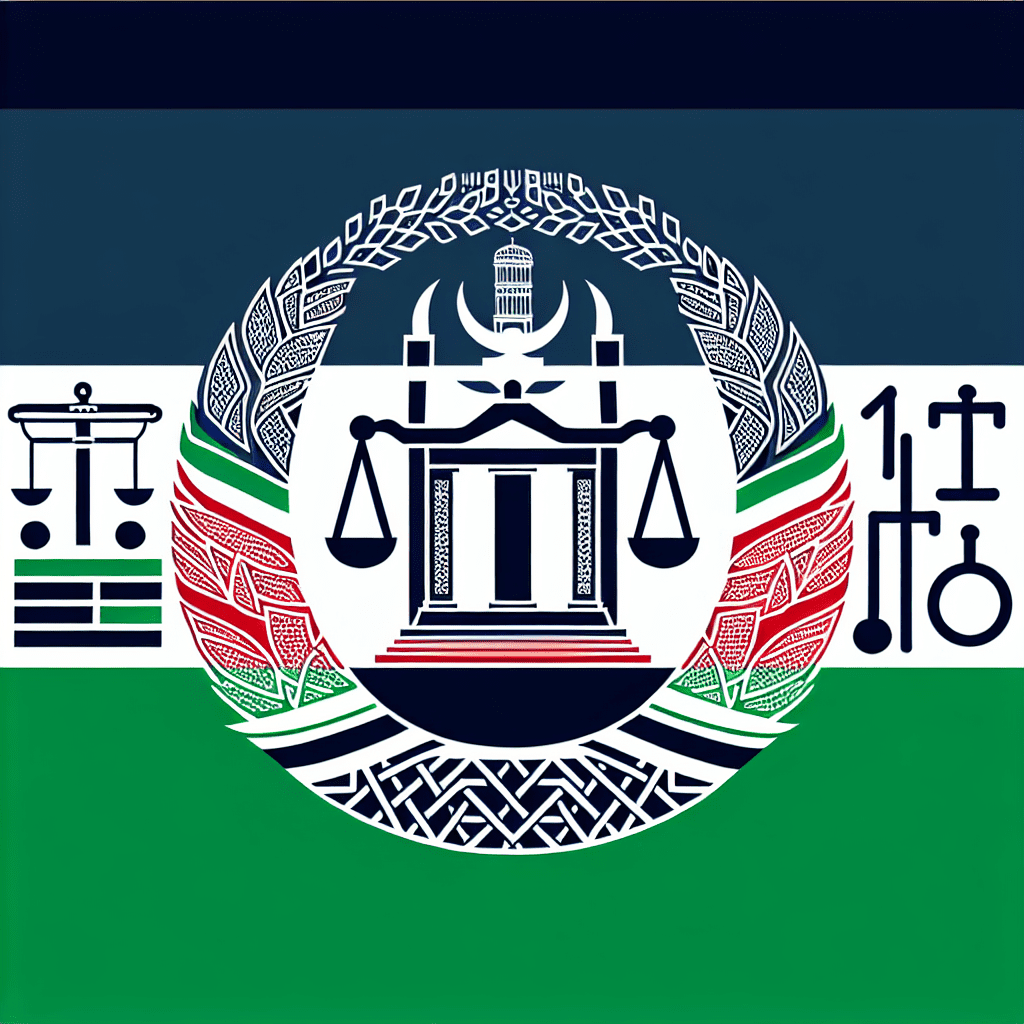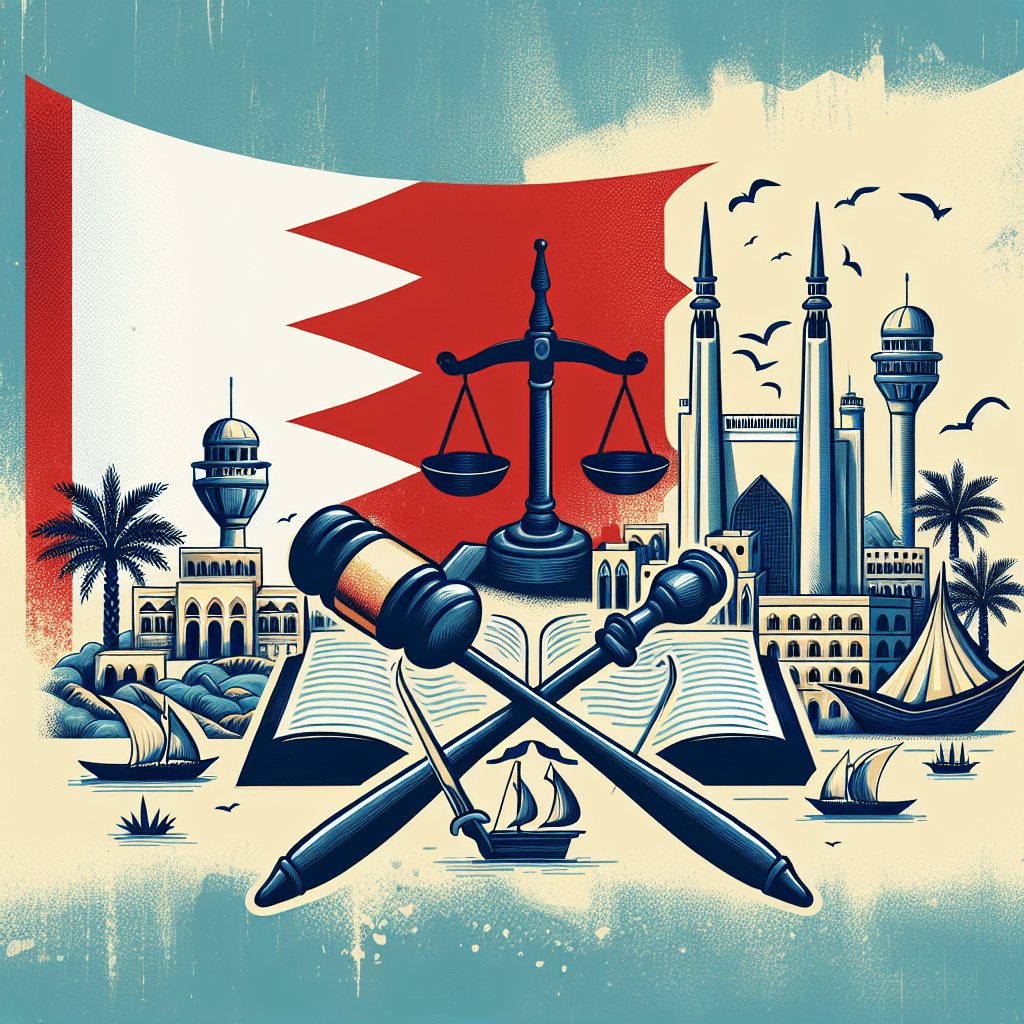
Introduction
Traveling to a new country is an exciting adventure, but it’s important to remember that each destination has its own unique set of rules and cultural norms. Understanding and respecting these norms is key to having a positive experience and avoiding any unintentional offenses. In this article, we will explore some of the rules and cultural norms that travelers should be aware of when visiting Afghanistan.
Key Elements
Element 1: Dress Code
Afghanistan is a conservative country, and it is important to dress modestly, especially for women. Women should cover their shoulders, wear long skirts or pants, and have a headscarf or hijab readily available to wear in public places. Men should also avoid wearing shorts and sleeveless shirts, opting for long pants and shirts instead.
Element 2: Greetings and Etiquette
In Afghan culture, respect and honor are highly valued, so it is important to greet others in a respectful manner. When meeting someone for the first time, it is customary to offer a handshake, although some conservative individuals may prefer not to shake hands with members of the opposite sex. It is also considered polite to address people by their honorific titles, such as “Mr.” or “Mrs./Ms.” followed by their last name.
Element 3: Religion and Customs
Afghanistan is predominantly Muslim, and Islam plays a significant role in daily life. Visitors should be respectful of the religious practices and customs observed by the locals. It is important to dress conservatively when visiting religious sites, remove shoes before entering mosques, and avoid public displays of affection. Moreover, consuming alcohol and pork is strictly prohibited in accordance with Islamic beliefs.
Element 4: Hospitality and Tea Culture
Afghans are known for their warm hospitality and tea culture. It is common for locals to invite visitors into their homes for a cup of tea, and it is considered impolite to refuse the offer. When accepting tea, it is customary to use your right hand to receive the cup and accept the offer with gratitude. It is also important to note that Afghans consider it rude to refuse someone’s request to join them for a meal.
Element 5: Photography Restrictions
Afghanistan is a country with a complex political and security situation. It is important to be aware that photography in certain areas may be restricted or prohibited, particularly around military installations, government buildings, and sensitive cultural sites. It is advisable to always ask for permission before taking photographs, especially of individuals, as it may be considered intrusive or disrespectful.
Element 6: Drug Laws
Afghanistan has strict drug laws, and penalties for drug-related offenses can be severe. It is essential to avoid any involvement with illegal drugs and refrain from transporting medications without proper documentation. It is always recommended to carry prescriptions or medical certificates for any necessary medications to avoid any potential issues with authorities.
Tips for Traveling
- Research and Plan Ahead: Before traveling to Afghanistan, familiarize yourself with the local laws, customs, and cultural norms. This will help you navigate the country more effectively and avoid any unintentional violations.
- Dress Appropriately: Respect the conservative dress code by wearing modest clothing that covers your shoulders and legs. This will help you show respect for the local culture and avoid any unwanted attention.
- Learn Basic Phrases: Learning a few basic phrases in Dari or Pashto, the official languages of Afghanistan, can go a long way in establishing rapport with the locals and showing respect for their language and culture.
Be Polite and Respectful: Always greet people respectfully and be mindful of cultural norms. Avoid discussing sensitive topics such as politics, religion, or the ongoing conflict.
Seek Local Guidance: Afghanistan can be complex and unfamiliar to outsiders. Whenever possible, seek guidance from local residents, reputable tour guides, or embassy/consulate officials to ensure your safety and adherence to local rules.
Stay Informed about Security: Stay informed about the current security situation and follow any travel advisories issued by your government. Register with your embassy or consulate and share your travel plans with them.
Disclaimer: This article provides general information about the rules and cultural norms in Afghanistan. However, it is essential to seek professional advice and consult official sources, such as government travel advisories and consular services, for the most accurate and up-to-date information before traveling to Afghanistan. Respect for local customs and laws is vital to ensure a safe and harmonious travel experience.


